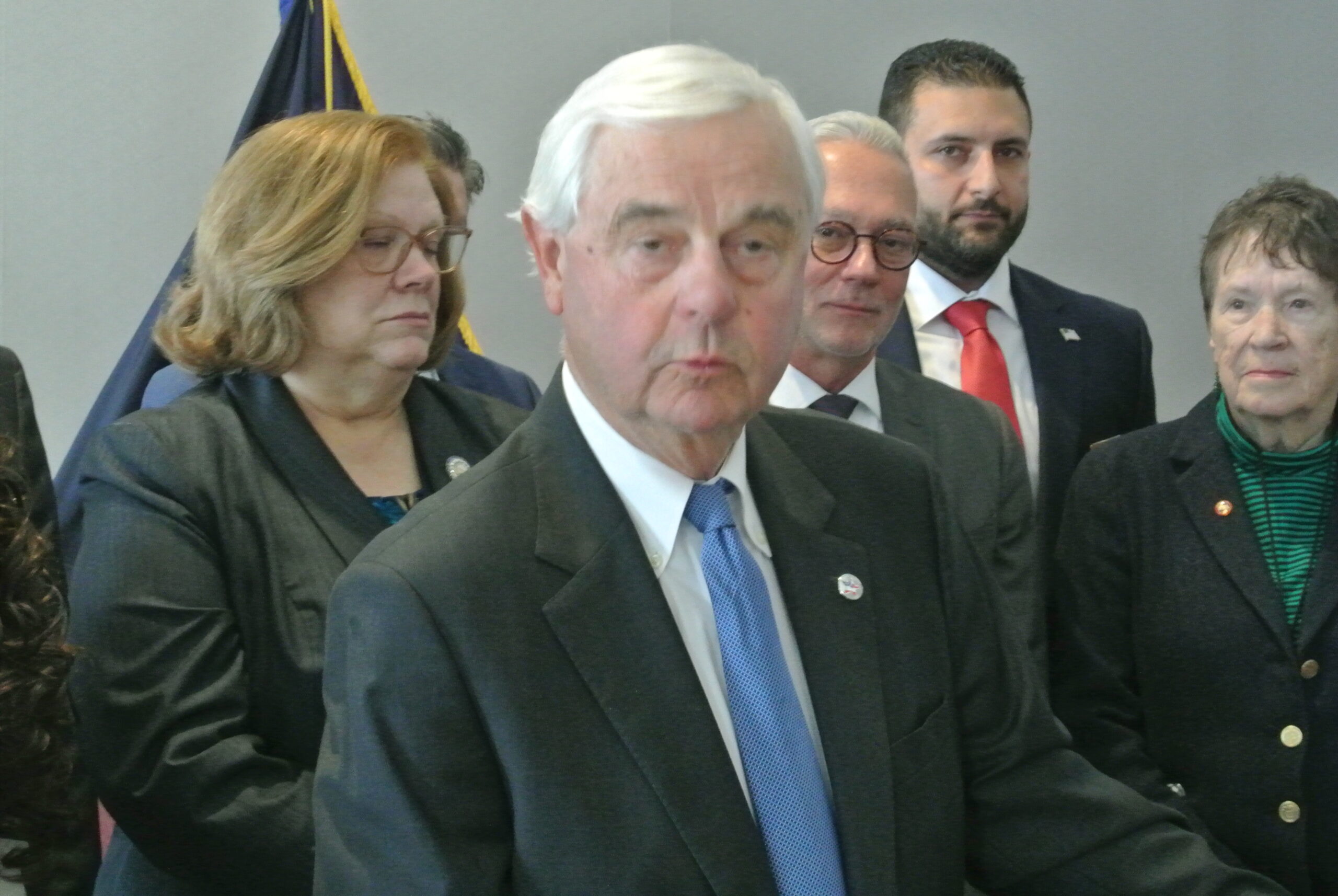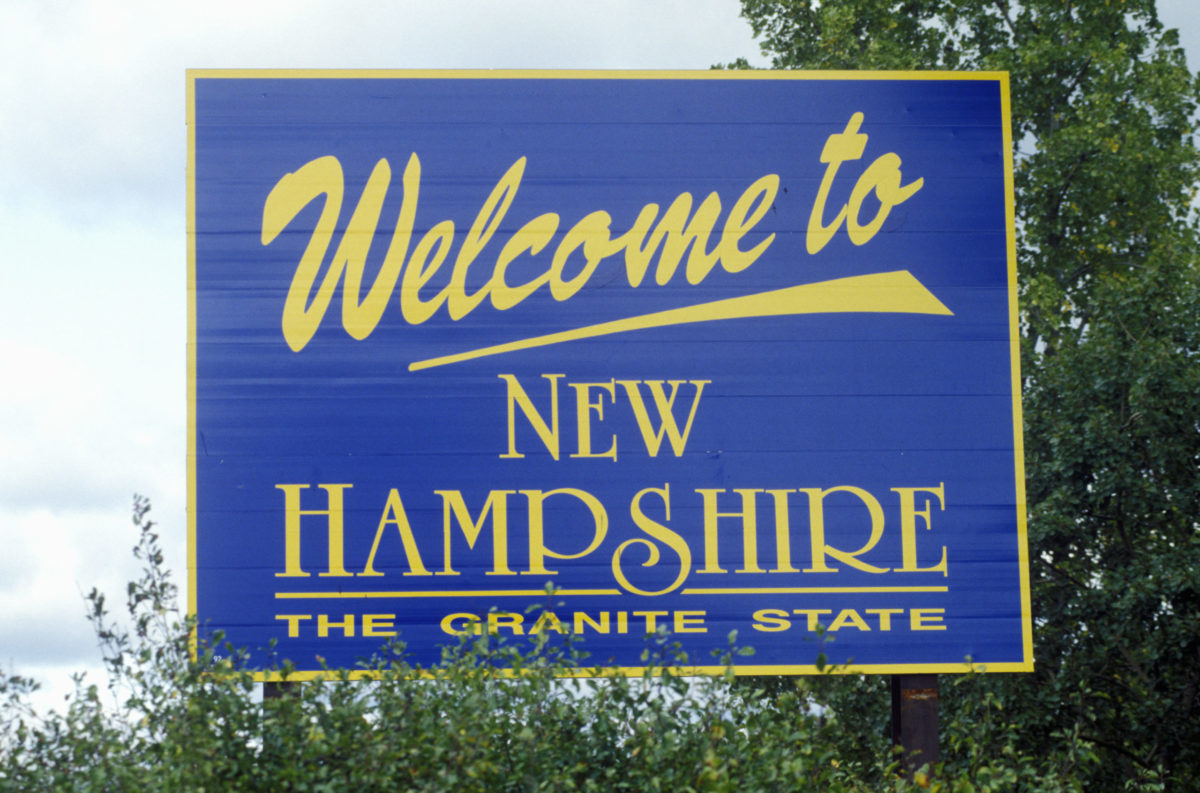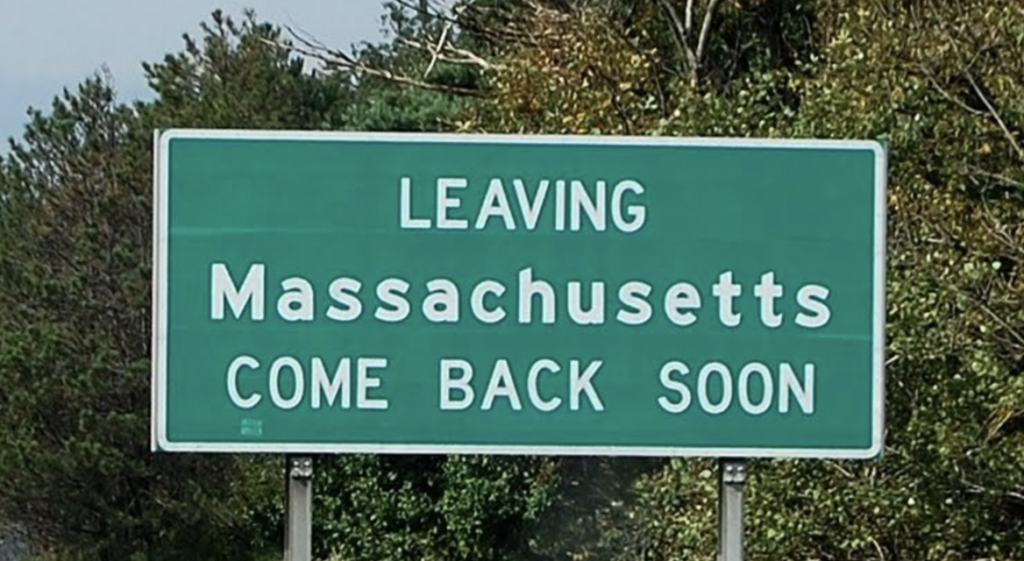Bradley: NH Advantage in Danger From ConVal Ruling

Senate Republicans stand between the New Hampshire Advantage and dangerous judicial overreach in the ConVal decision that could force an income tax on Granite Staters, said Senate President Jeb Bradley (R-Wolfeboro).
Speaking before the Senate’s first session of the year at a Wednesday press conference in the Legislative Office Building, Bardley said the ConVal education funding decision essentially forces $536 million in new spending.
“There is no way, in my opinion, to do that without an income tax, or a sales tax or, possibly, both,” Bradley said. “That totally undermines the New Hampshire Advantage, and we just can’t go that route.”
Rockingham Superior Court Judge David Ruoff sided with the Contoocook Valley School District in its lawsuit against the state, ruling New Hampshire’s education funding system does not pay enough in adequacy grants and is, therefore, in violation of the state constitution. The Claremont state Supreme Court decisions from the 1990s found students have a right to an adequate education. That put the onus on lawmakers to define how much an adequate education costs and to come up with a fair way to fund it.
Ruoff’s decision, released in November, found the current adequacy grant of about $4,100 per pupil is too low and ought to be at least $7,300 per pupil. Ruoff left the final amount and funding mechanism up to the legislature. But Bradley said Ruoff’s decision puts New Hampshire on the road to an income tax.
Worse, according to Bradley, it would force New Hampshire to revert to a donor town-type funding system where property taxes paid by homeowners in wealthier communities would be transferred to school systems in less-affluent cities or towns. That won’t happen while the GOP maintains control of the Senate, Bradley pledged.
“Between the 14 of us, an income tax, a sales tax, and donor towns are off the table,” Bradley said.
Some Democrats have already floated the idea of blocking the phase-out of the state’s tax on interest and dividends tax. Republicans say it’s just one step toward the longstanding goal of Granite State progressives to impose an income tax in the name of equity and social justice.
Gov. Chris Sununu is appealing Ruoff’s order to the New Hampshire Supreme Court. Bradley said it remains to be seen if the ConVal decision survives the appeal.
Protecting New Hampshire’s strong economy and free way of life from a tax regime is one of the Senate GOP’s top priorities for the coming session, Bradley said.
“It’s vitally important that we protect hardworking men and women from higher taxes, allow small businesses to thrive, and maintain our economic status,” Bradley said.
Public safety is the second pillar of the Senate GOP’s agenda, he said, and that starts with bail reform. The House and Senate have competing proposals to fix the 2018 bail reform law. While it was supposed to end cash bail for non-violent offenders, it’s now blamed for returning violent criminals to the streets.
“Our bail system, with the best intentions several years ago, was reformed, and those reforms did not protect the public,” Bradley said.
Despite differences in the proposals, Bradley said he is optimistic a deal can be struck between the two chambers to fix the bail system one way or another.
“I think the House has made a good faith effort,” Bradley said. “Nobody gets everything they want around here.”
The Senate is also looking to block sanctuary cities in New Hampshire, strengthen protections at the Northern Border, and pass mandatory minimum sentences for fentanyl traffickers, said Sen. Sharon Carson (R-Londonderry).
The GOP agenda includes a parental transparency proposal that guarantees guardians access to school information about their children, a hotly-contested issue as some school districts insist teachers and administrators have the right to keep secrets – or even lie to – parents about their children’s behavior.
The senators will also push for local property tax relief, improvements to health care and mental health care, clean drinking water, investments in affordable housing, and a constitutional amendment to enshrine New Hampshire’s First in the Nation presidential primary into law.
While the senators presented a united front for their agenda, there is a major fault line when it comes to marijuana legalization. Sununu reversed course last year by calling for the legislature to legalize recreational marijuana. Bradley admits the issue divides his caucus, but there will be a legalization effort this year he hopes everyone can agree to.
“There is the opportunity to get that done, but we’ll see what happens,” Bradley said.







